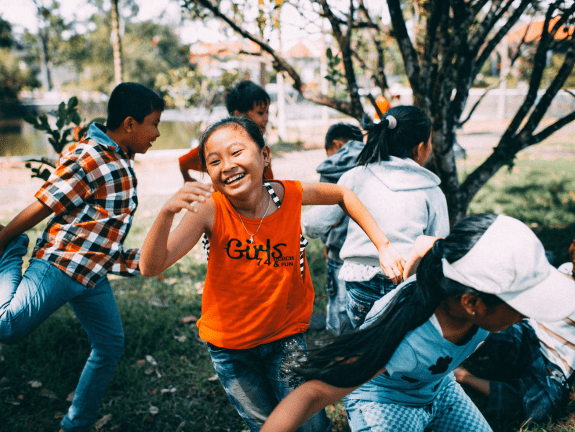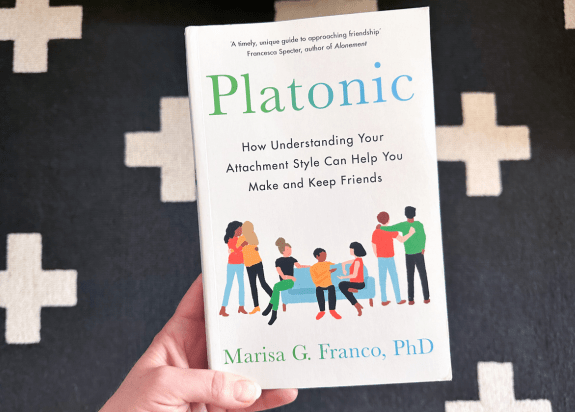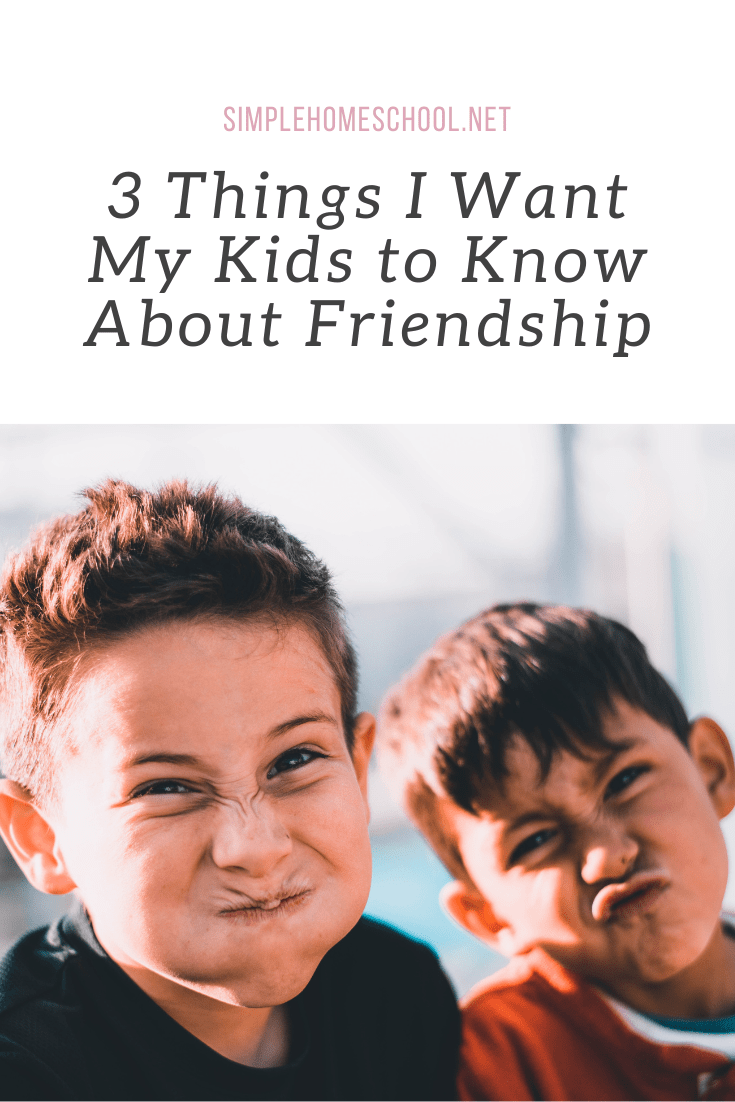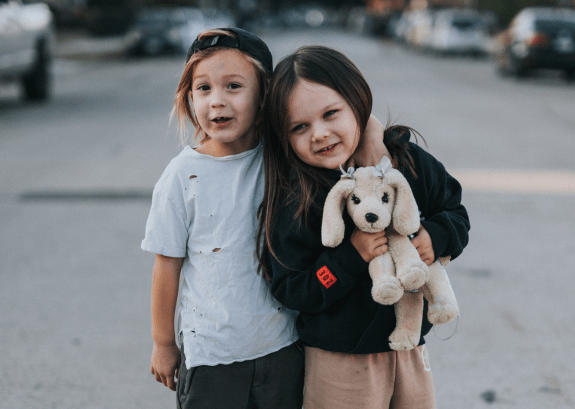3 Friendship lessons to teach your kids ~
Written by Melissa Camara Wilkins
If, way back when we first started homeschooling, I’d made a list of things my kids would learn, it probably would have included the obvious: Math. Reading. Writing. History. Science.
I might even have included Life Skills, meaning things like: how to boil pasta, how to plan a grocery list, how to do the laundry, how to call an Uber, how to apply for a school or a job or an apartment.
But I don’t think I realized how much we would be learning about life, all the time.
Now I would include other things on that list, things like: How to notice what you’re feeling. How to listen to your body and give it what it needs. How to express yourself when you disagree. How to decide for yourself. How to make friends and be a friend.
I actually think friendship is super tricky. How do you make a friend? Do I have to leave my house?
Does texting count as friendship?
It seems easier for kids, but you know what? Every time they take a class, join a group, go to the park, or show up at a birthday party, there are new people to meet! And every time, kids have to figure out how and whether to make friends.
So one of the things we’ve been learning about lately is friendship, for me and for them. Here’s what I’ve been learning, and what I’m passing along to my kids.
3 Friendship lessons I want my kids to know

1. Assume other people like you.
I learned this from Dr. Marisa Franco’s book, Platonic. Relationships involve a lot of ambiguity.
Why did she use that tone of voice? Why did he decide to leave early? Is she bored by my story?
And studies show that most of the time, we guess wrong about other people’s motivations, leading us to believe that other people like us less than they really do. Assuming other people like us is closer to the truth.
Of course, there will always be some people who don’t like you, and some people you don’t like. That’s just life. But if you don’t know for sure that someone doesn’t like you, you might as well assume they do and see how that goes.
Because when we assume other people like us and act accordingly, we’re more likely to build relationships rather than shut them down.

2. Be brave and start conversations.
Making friends means we have to talk to new people! But most of us are nervous about striking up conversations with people we just met. Sometimes this comes more naturally for kids than for adults, but not always.
Some of my kids really like having clear directions to follow. What should they say, to whom, when? Dr. Franco suggests starting with a statement about our shared experience, then following it up with a question.
So when my kid is taking off their tap shoes after dance lessons, maybe they could say to the person next to them, “Wow, I’m worn out! What did you think about that new music?”
Or when they’re at theater rehearsal and notice someone else has brought a fancy milkshake-masquerading-as-coffee-with-whipped-cream drink, they might say, “Ooh, I love those, too. What flavor did you get today?”
3. Not every friendship needs to look the same.
I learned this from Laura Tremaine’s book, The Life Council. I had always thought that “friend” was one giant category, with a continuum from “acquaintance” through “good friend” and all the way up to “best friend.” But Laura points out that there are lots of different kinds of friends, and they’re all important in different ways.
Some friends are companions in just one place (a dance friend, a soccer friend, a book club friend). Some friends might bond over just one shared interest. Some friends are day-in and day-out friends, the ones you hang out with as often as you can.
Different friends will fill different roles, and each role can be valuable. We don’t have to try to make every friend into a Diana-and-Anne-of-Green-Gables situation.
That’s what we’re learning lately. You can go over some of these friendship lessons with your kids today. If you ask me, friendship is at least as important as algebra or biology or handwriting.
(Don’t worry, don’t worry, we’re learning those things, too.) 

What’s Your Homeschool Mom Personality? Take Jamie’s quiz now and receive a free personality report to help you organize your homeschool based on what your type needs most!

